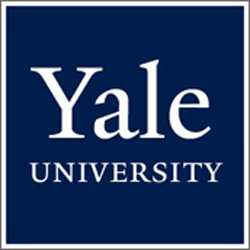In the contemporary Digital Age, 24-hour news networks and the Internet are revolutionizing politics even in a context in which much of the world is still not “plugged in.” As new tools have been developed and deployed by both old superpowers and newly super empowered individuals and groups, our world now confronts incredible opportunities and challenges.
This course explored key actors (international organizations, governments, corporations, NGOs, and individuals) and initiatives in the Digital Age and their impact on conflict, democracy, and justice. The course was organized around themes featuring key trends and case studies. For example:
- “Media and Crises / Conflict”
- The “CNN Effect,” including its impact on the U.S. intervention in Somalia in 1993.
- Media monopolization and manipulation as well as incitement to genocide, including their role in the 1994 Rwandan genocide.
- Cyber-terrorism/warfare
- “Media and Protest / Change”
- The supposed “Twitter Revolution” and “Facebook Revolution,” including their role in the Arab Spring.
- Citizen journalism and other grassroots initiatives to educate and advocate about atrocities and other concerns (e.g., WITNESS, FrontlineSMS, Satellite Sentinel Project, Google Earth’s Darfur layer, Save Darfur, Invisible Children’s Kony 2012 campaign).
- Government initiatives to prevent atrocities (e.g., USAID’s and Humanity United’s Tech Challenge).
- The rise of hacktivism (e.g., Occupy Wall Street).
- Social entrepreneurship through social media.
- “Media and Democratization / Representation”
- Controversial citizen efforts to promote government transparency (e.g., WikiLeaks, Edward Snowden).
- Direct citizen participation in government (e.g., Latvia’s “My Voice” website, iPhone apps for local government).
- Media bias.
- “Media and Globalization / Pluralism”
- Simultaneous trends: (1) preservation and perpetuation of diverse cultures and (2) homogenization of culture, including the disappearance of indigenous languages.
- The advent and impact of global media corporations (e.g., Google, Facebook).

